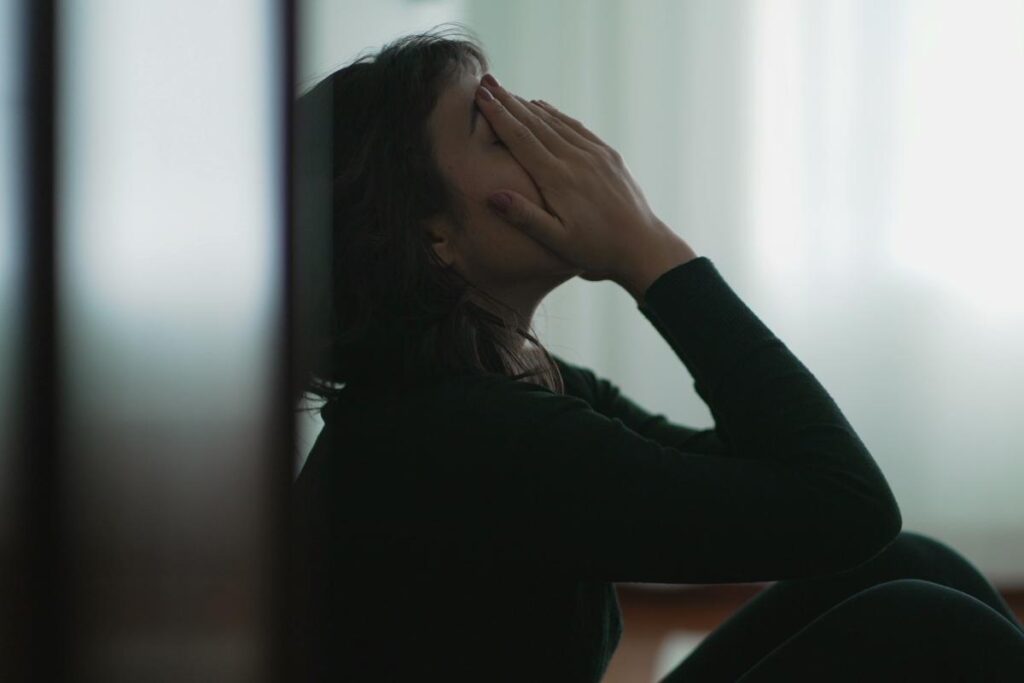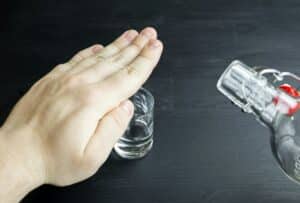Bipolar disorder is a mental health condition characterized by extreme mood swings that include emotional highs (mania or hypomania) and lows (depression). It’s a disorder that affects not only the individual but also those around them. Understanding the signs of bipolar disorder can be the first step in getting help for a loved one.
At Northpoint Nebraska, we provide a comprehensive inpatient bipolar disorder treatment program for substance use disorders and mental health conditions like bipolar disorder. Call 888.351.3834 to learn more about our programs and services.
6 Signs of Bipolar Disorder
Recognizing the signs of bipolar disorder in a loved one is crucial. Here are six signs that may indicate your loved one is dealing with this condition:
- Noticeable shifts in mood from extremely happy to extremely sad
- Sudden changes in behavior, such as increased risk-taking during manic episodes
- Erratic sleeping patterns, either excessive sleep or insomnia
- Feelings of euphoria or extreme sadness without any apparent reason
- Difficulty concentrating or making decisions
- Loss of interest in activities they once found enjoyable
Bipolar disorder can sometimes be challenging to identify as it may present as another mental health condition like depression or anxiety. If you notice these signs in a loved one, seeking professional help for accurate diagnosis and treatment is essential.
Effects of Untreated Symptoms of Bipolar Disorder
If left untreated, bipolar disorder can have a severe impact on an individual’s life. Some of the effects of untreated symptoms include:
- Increased risk-taking behaviors leading to financial problems or legal issues
- Strained relationships with family and friends due to unpredictable mood swings
- Difficulty maintaining employment or fulfilling responsibilities at work due to erratic behavior and inability to focus
- Substance abuse as a means of coping with the extreme highs and lows
It’s crucial to seek treatment for bipolar disorder to manage symptoms and prevent these adverse effects from impacting an individual’s life.
The Importance of Proper Treatment
Once diagnosed, it’s essential to seek proper treatment for bipolar disorder. Without treatment, symptoms can worsen and lead to destructive behaviors and strained relationships. At Northpoint Nebraska, we offer evidence-based therapies and holistic approaches to treat your loved one and ensure they are meeting their healing and recovery goals.
Treatments for Symptoms of Bipolar Disorder
At Northpoint Nebraska, we use proven and effective therapies to treat bipolar disorder. These include the following:
- Cognitive-behavioral therapy (CBT) – CBT helps patients identify negative thought patterns and develop healthier responses.
- Dialectical behavior therapy (DBT) – DBT helps patients learn skills for managing intense emotions and improving relationships.
- Medication management – Our team of psychiatrists can prescribe medications to help stabilize moods and reduce symptoms.
In addition to these therapies, we also offer family therapy and support groups to help loved ones understand the condition and develop a supportive network. It’s important to address bipolar disorder with a holistic approach, considering both the individual’s mental health and their environment.
Seeking Help for Signs of Bipolar Disorder
If you or a loved one is experiencing symptoms of bipolar disorder, it’s essential to seek help from a professional. At Northpoint Nebraska, our team of experienced mental health professionals can provide a personalized treatment plan to address each individual’s unique needs. We also offer ongoing support and guidance.
Through evidence-based therapies and holistic approaches, we address the underlying mental health concerns of each patient. Our compassionate and experienced residential staff offers around-the-clock care and supervision to ensure each patient has the best chance of a successful outcome.
Contact us at 888.351.3834 or visit Northpoint Nebraska online today to learn more about our programs and services. Let us help your loved one find the path to recovery.




